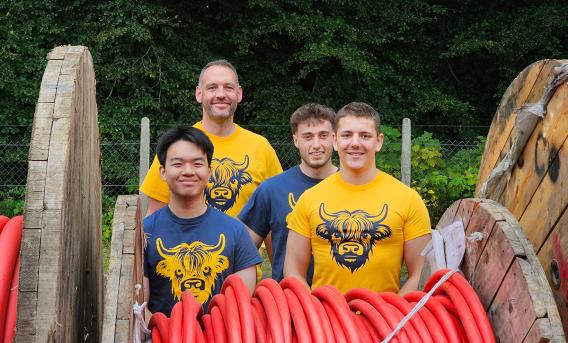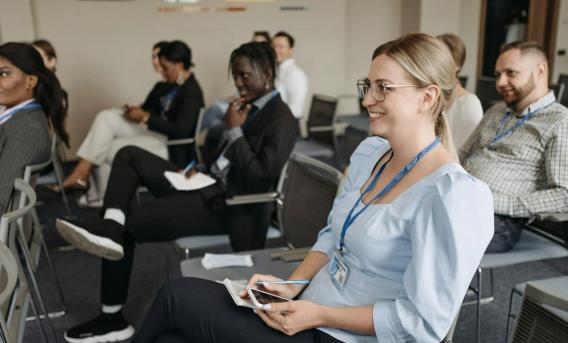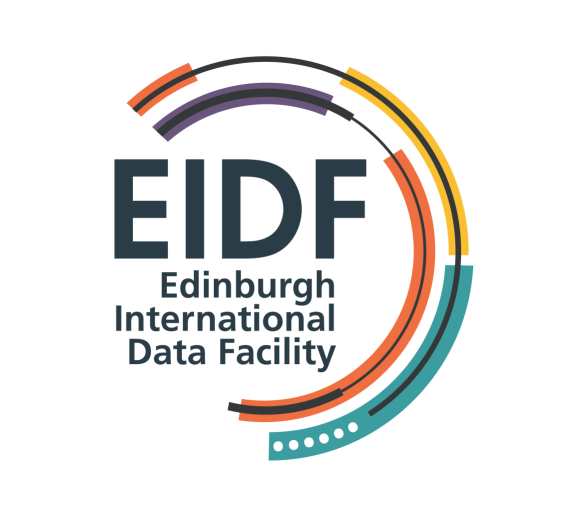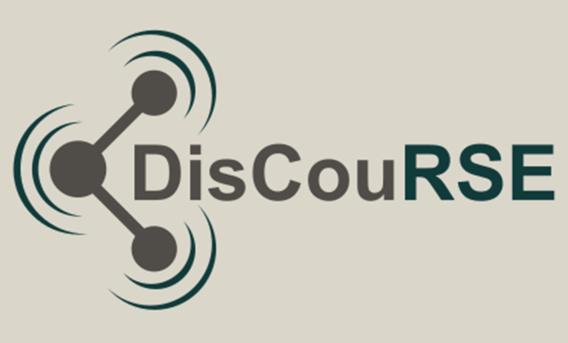News
ARCHER2 webinar: Parallel Python
Make your Python code 10,000 times faster with parallel numpy!

Fostering early-career development
Christopher Lo and Jack Scott, Electrical and Mechanical Engineering students at the University of Edinburgh, look back on their 12-week placement with us at the Advanced Computing Facility.

ASiMoV-CCS: a new solver for scalable and extensible CFD and combustion simulations
ASiMoV-CCS is a new solver for CFD and combustion simulations in complex geometries.

Data management: hosting an invaluable research dataset
Following many years of collaborating with the National Collection of Aerial Photography, EPCC has been chosen as the hosting site for the research copy of its historic dataset of over 30 million a

€10m project to accelerate AI use in UK
A new multi-million-pound European project is set to boost adoption of AI among businesses and researchers across the UK to help unlock untapped economic and scientific potential.

Understanding the dRTP training landscape
The workshop 'Understanding the dRTP Training Landscape' will take place from 5–6 November 2025 at Bidborough House, UCL, London.

Exploring the frontiers of data science with EIDF
The Edinburgh International Data Facility (EIDF) hosted its second drop-in session in September, reconfirming its role as a foundation for innovative developments.

DisCouRSE Flexible Funding Call: Building a Community of Leaders
DisCouRSE is a new UKRI-funded Network+ project that will encourage and support the development of leaders across all digital Research Technical Professional (dRTP) roles, resulting in an empowered

EPCC at Doors Open Day 2025
Every year Doors Open Days open up buildings in Scotland that would not normally be accessible to the public.

Research paper: Better Architecture, Better Software, Better Research
Prof. Neil Chue Hong writes about the outcomes of a workshop designed to bridge the gap between Research Software Engineering and Software Engineering Research.

